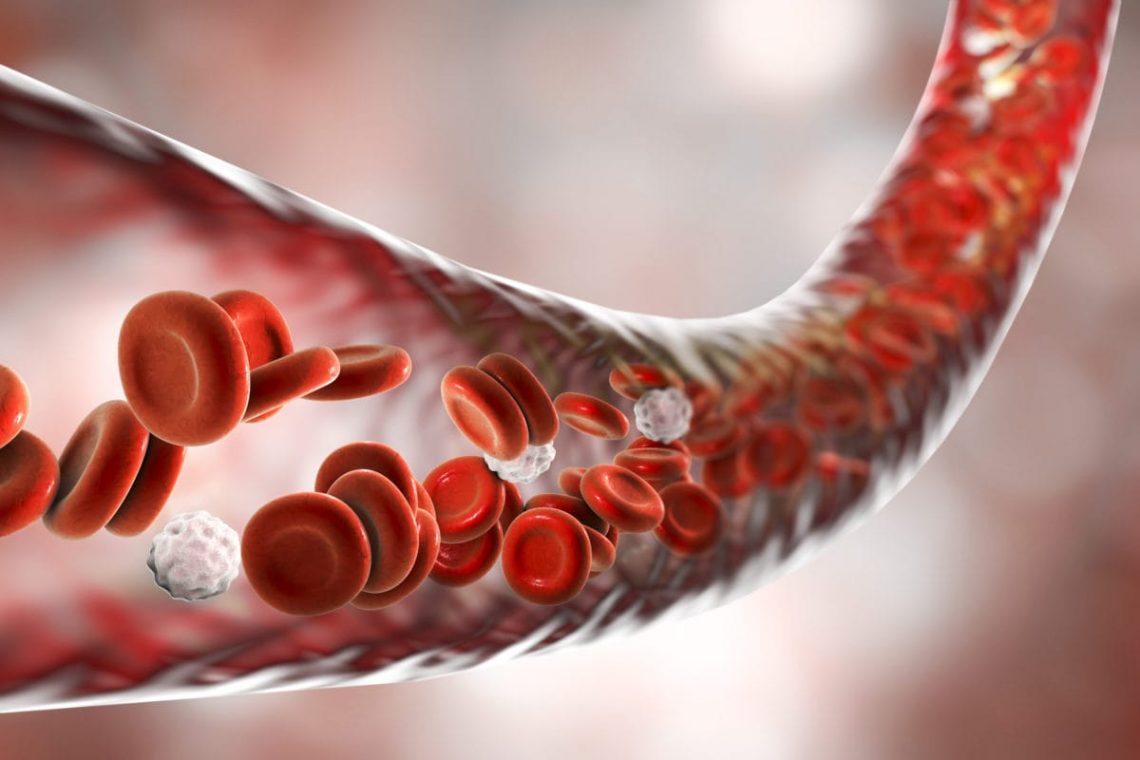
Blood poisoning is a serious infection. It occurs when bacteria are in the bloodstream. Despite its name, the infection has nothing to do with poison. Although not a medical term, “blood poisoning” is used to describe bacteremia, septicemia, or sepsis.
Sepsis is a potentially life-threatening medical condition that’s associated with an infection. It is a specific condition in itself, but is commonly caused by bacterial infection in the blood, which is called septicemia. This explains why the terms sepsis and septicemia are often used together.
Septicemia leads to Sepsis;
- Poisons are released by the bacteria involved in septicemia
- The immune system mounts a massive inflammatory response to these poisons — this is referred to as Sepsis.
Symptoms
The most important step for patients or people around them suspecting sepsis is that they;
- Do not attempt to make a home diagnosis
- Instead, get medical help as soon as possible — the symptoms of sepsis from a bad infection are serious
- The symptoms can signal other conditions that would also need medical help
The symptoms of blood poisoning or sepsis include;
- Chills
- Moderate or high fever
- Rapid breathing
- Increased heart rate or palpitations
- Paleness of the skin, especially in the face
Some of these symptoms are associated with the flu or other illnesses. However, if the patient recently has surgery or they are recovering from a wound, it’s important to call the doctor immediately after experiencing these possible signs of Sepsis.
Advance symptoms of Sepsis may be life-threatening and include;
- Confusion
- Red spots on the skin that may grow larger and look like a big, purple bruise
- Shock
- Little to no urine production
- Organ failure
Blood poisoning can lead to respiratory distress syndrome and septic shock. If the condition isn’t treated right away, these complications can lead to death.
Diagnosis
Blood poisoning or Sepsis is diagnosed by examining a blood sample to find bacteria in the blood. Also, doctors check the number of white blood cells in the sample.
If a patient is suspected to have sepsis call the doctor right away. The doctor will examine the patient and order blood tests, if necessary.
Treatment
Prompt treatment for Sepsis is essential because the infection can quickly spread to tissues or the heart valves. Once a patient is diagnosed with sepsis, they will receive treatment as an inpatient at a hospital.
They may also receive oxygen and fluids intravenously to help maintain a healthy blood pressure and get rid of the infection. Blood clots are another concern in immobilized patients.
Sepsis is usually treated with hydration, often through an intravenous line, as well as antibiotics that target the organism causing the infection. Sometimes medications may need to be used to temporarily support low blood pressure. These medications are called vasopressors.
If sepsis is severe enough to cause multi-organ dysfunction, that patient may need to be mechanically ventilated, or they may even need dialysis temporarily if their kidneys have failed.
What We Offer
We at Almurshidi Medical Tourism will find the best doctors to cater to your needs. We are partnered with a wide network of hospitals and clinics that provide top quality medical experience.
We provide free medical estimates, make medical appointments, and provide several medical opinions if needed at no cost.
Contact Us
For more information contact us at +66822004040 or via WhatsApp





